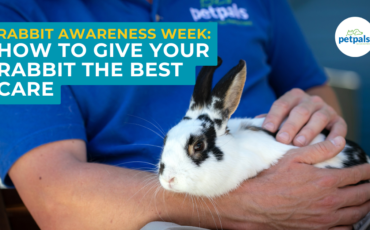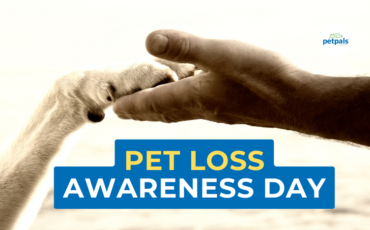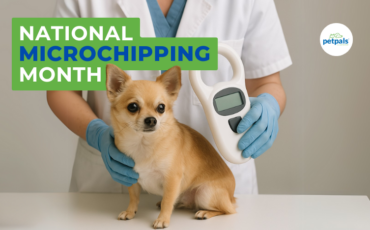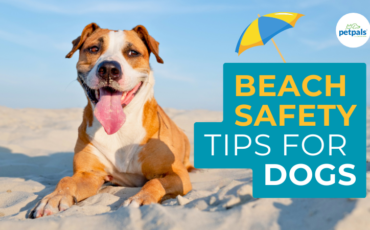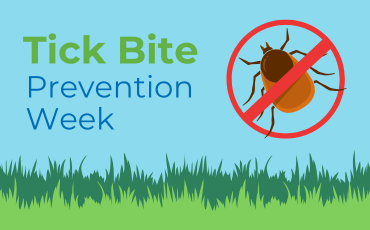For pet’s sake – Remember, remember the 5th of November!
11th October 2022
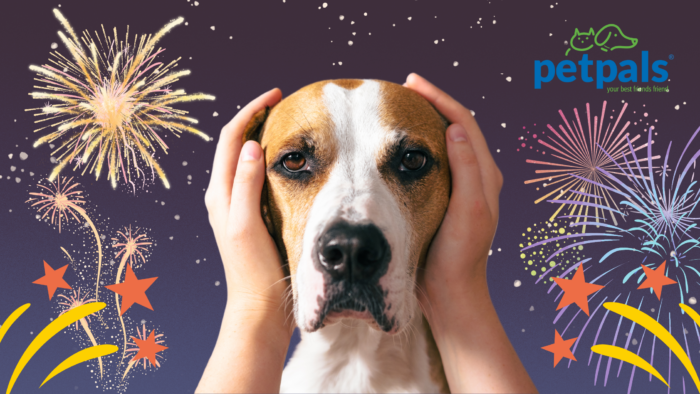
Our resident vet Dr Sophie Bell gives her Fireworks night advice for your pets.
As the evenings begin to draw in and the cold frosty air lurks, it is a stark reminder that our more than 400 year old tradition of Guy Fawkes night is fast approaching.
As we wrap up warm and enjoy a mug or two of mulled wine or hot choccy, let’s not forget about the 34 million pets across the UK[1].
Fireworks can be incredibly frightening for our pets. Due to their enhanced senses – loud bangs, vibrations and lights can be overwhelming. Dogs, cats, and rabbits all have considerably enhanced hearing compared with humans – which means loud bangs and screams of fireworks are heard up to 4 times more sensitively[2] than that of humans.
We have teamed up with our resident vet Dr Sophie Bell to give you some top tips on how best to care for your pets during what can be a stressful and frightening few nights for our pets.
1. Early walkies
Try to keep your dog walks to the morning or daytime only. Avoid walking at night to ensure you don’t encounter any bonfires or fireworks being set off. Some dogs and cats will have a fight-or-flight response to fireworks. If your pets get triggered by loud noises, they can panic and cause serious injury to themselves while trying to escape and run away. Ensure your pets are microchipped and your contact details are up to date so that you can be contacted in case of such an emergency.
2. Keep them inside
Make sure your home and garden are secure to prevent any pets making an escape. Consider bringing any outdoor or hutched pets indoors. Dogs should be kept inside and avoid trips to the garden. Cats should be brought inside, closing any cat flaps in the house. Close your curtains and windows to block out any background noise or flashing lights. This will help keep visibility to a minimum and will stop your pet from panicking if there is a sudden noise or flashes in the sky. Please ensure you have a litter tray readily available for your cats as the stress of fireworks coupled with being fearful of going outside to toilet can increase the risk of urinary issues.
3. Rub your dog’s ears
Rubbing your dog’s ears stimulates a calming nerve in their ear. This directly counteracts a dog’s fight-or-flight response associated with the sympathetic nervous system. Massaging your dog’s ears in a gentle circular motion will stimulate the parasympathetic nervous system which creates a calming and relaxing sensation. This will help to keep them calm and reassured during stressful situations.
4. Play reggae or soft rock music
It has previously been believed that playing classical music helped to relax our pets, however latest studies have shown that playing either reggae or soft rock may have more of a relaxing effect than other genres.[3] Songs with a constant rhythmic beat help to disguise the sounds of fireworks and help them to remain calm.
5. Keep calm and carry on
Pets, especially dogs are great at reading our body language. Keeping calm and relaxed yourself can encourage your pets to do the same. If your pet can see that there is nothing to fear, then many will be reassured by your serenity. Try not to reward the fearful behaviour your dog may show as this can reinforce that behaviour, instead try to distract them with some mental stimulation such as a simple sniff game.
6. Every pet responds differently
Remember, every pet is different and can respond differently. Some dogs may seek solitude in their own bed, whilst others may be clingy and need comforting. Cats can also be clingy, but many will often find somewhere to hide, it’s important not to force your pets out from hiding as this is their way of coping with being frightened and stressed.
7. Anti-stress medicine
If your pet really doesn’t cope well with fireworks night, you should seek advice from your vet. There are many anti-stress and pheromone treatments available that can help to calm and relax your pets. Some pets may respond well to herbal treatments such as Nutracalm, others may require prescription medication. Thunders shirts act by swaddling your pet which applies pressure to their body and can release lovely hormones such as oxytocin and endorphins. It won’t be affective for all. You can also try noise cancelling headphones made for dogs, these can also help a number of those affected.
Be sure to manage to stress, especially for pets with particular health conditions such as Addison’s disease, epilepsy, and heart disease all of which can be triggered or worsened when under stress.
For more advice from our resident vet Dr Sophie Bell, please visit her website where you will find an array of pet care and pet health courses and information: Dog, Cat & Pet First Aid | Animal Love (animallovepetfirstaid.co.uk)
For more information on how to keep your pets calm and safe, click on the links below:
https://www.pdsa.org.uk/get-involved/our-campaigns/fireworks-leaflet/your-free-fireworks-guide
https://www.rspca.org.uk/adviceandwelfare/pets/general/fireworks
https://www.dogstrust.org.uk/help-advice/dog-care/fireworks
